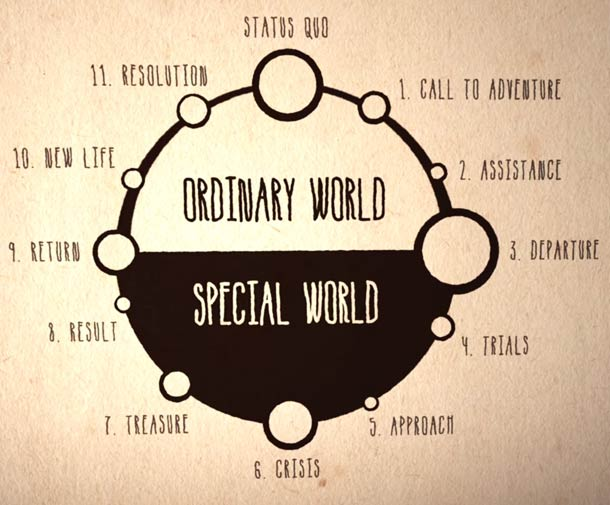Some brief thoughts, (answer may be evolving,) but I think the idea that "there is nothing new under the sun" sort of holds.
The Anti-Hero
One innovation we think of as modern is that of the anti-hero, but this template could be said to go back to Prometheus and Loki, both protagonists who resort to trickery, and face dire punishment, to attain their goals. Odysseus can also be seen in this light, in that he presents a distinct contrast to figures like Achilles, big Ajax, Diomedes and so on. (Odysseus, for instance, is not as well regarded by the Greek dramatists because of his trickery--unlike Achilles, known for martial prowess and self-sacrifice, Odysseus is know for his wily scheming. Ajax's suicide at the dishonor of being deprived of fallen Achilles' armor is a direct result of Odysseus conniving. And yet, Odysseus is as famous as Achilles, and much loved as a character.) Oedipus can also be regarded as an anti-hero: killed his father, married his mother, blinded himself.
If we extend this to Euripidean heroines, we can include figures like Medea and Hecuba.
The Logical Hero
One innovation that could be regarded as modern is the Lawyer. While most television programs and films still focus on "gun heroes", the modern version of the martial hero, legal, political and courtroom dramas abound. These are heroes who use their intellect, as opposed to their physical prowess. But we can find a template in heroines such as Antigone. The importance of that Sophoclean drama cannot be overstated, as it forms a basis for the modern understanding of the distinction between the law and justice, and demonstrates the willingness of the hero to face mortal consequences in persisting in what is right.
It would not be going to far to say that the heroes of the Iliad and Odyssey are pale flames compared to Antigone in this regard. For another referent, one can look at Polyxena's shaming of the victorious Achaeans with her courage and heroism. So the seeds for undermining the stature of martial heroes is planted in 5th Century Athens.
The Victim Hero
This is another template that can be seen as modern, with novels like All Quiet On The Western Front, Gulag Archipelago, and films such as Boys Don't Cry. But even this extends back to Ancient Greece with Iphigenia, Polyxena and Hippolytus. These heroes, themselves blameless, expose the corruption of society.
